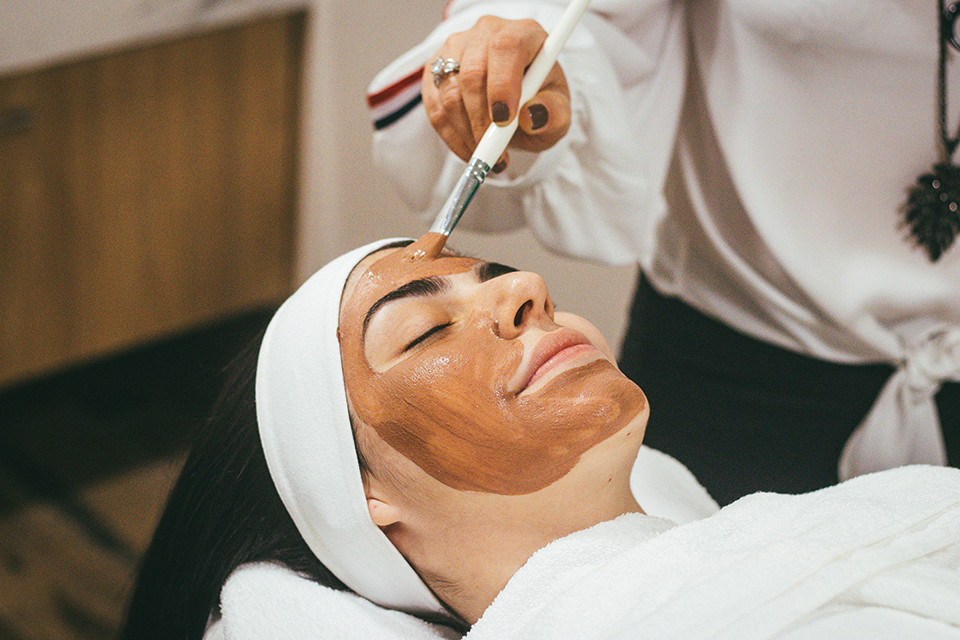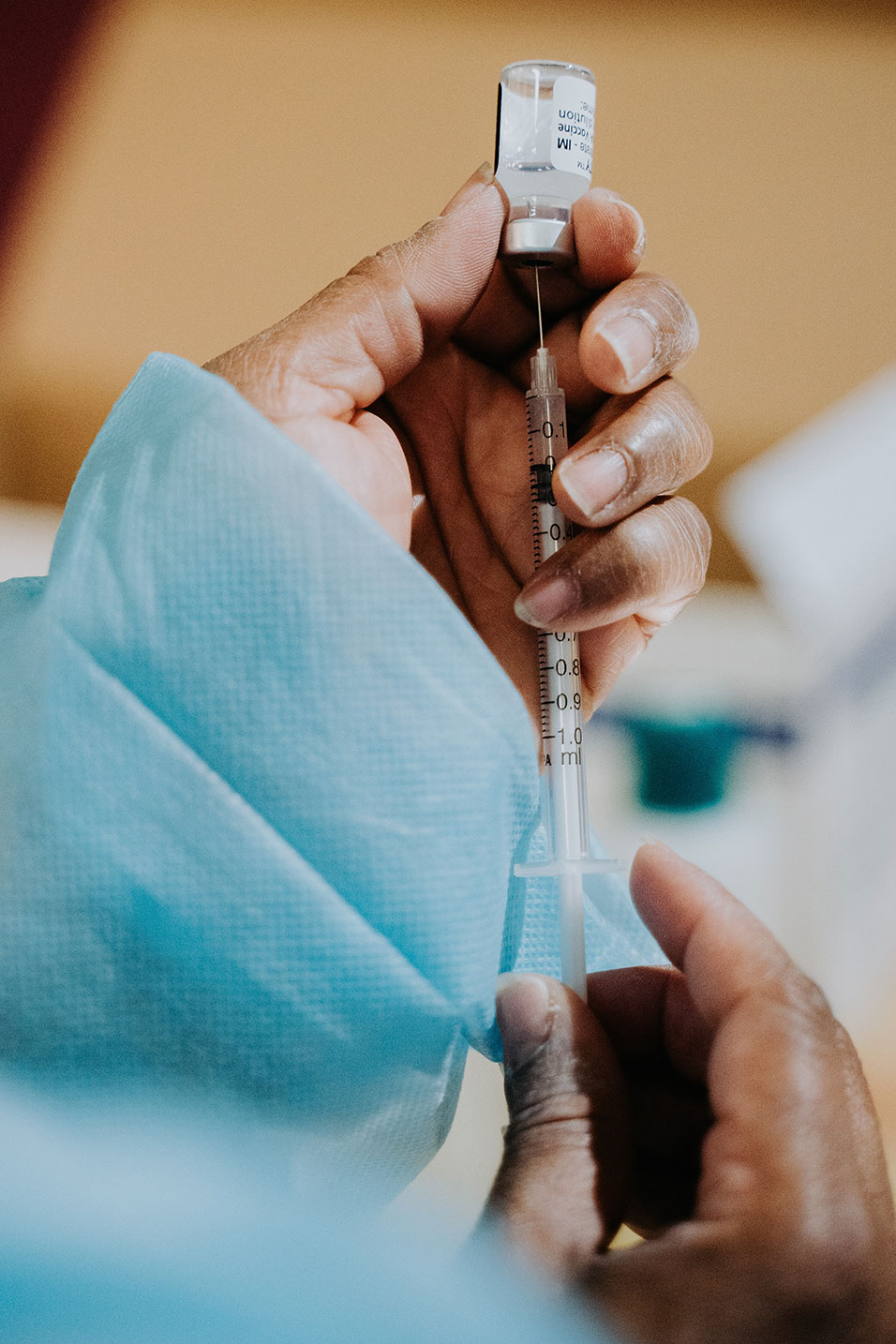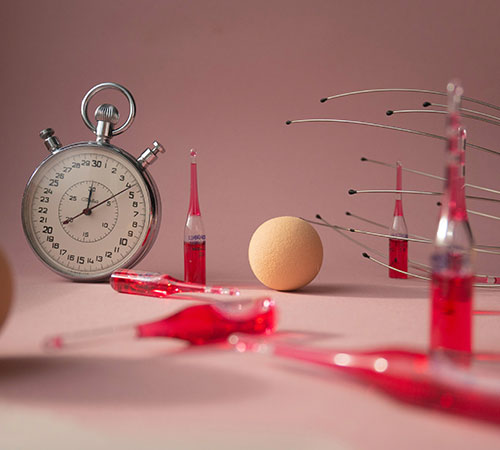
IGF LR3- The Anti-Aging Peptide
Dr Azmal Hussain

- Photo by: Mat Napo
In recent years, peptide therapy has been attracting a lot of attention among proponents of injectable anti-aging treatments. In this article I would like to explore one peptide in particular, Long Arginine 3 Insulin like Growth Factor (IGF LR3).
What is IGF-1 and IGF LR3?
Insulin-like growth factor-1 (IGF-1) is a hormone that, along with growth hormone (GH), helps promote normal bone and tissue growth and development. IGF-1 is primarily produced in the liver, skeletal muscles, and many other tissues in response to GH stimulation. IGF-1 mediates many of the actions of GH, stimulates the growth of bones and other tissues, and promotes the production of lean muscle mass. IGF-1 also plays a role in non-growth activities, such as glucose and lipid metabolism.
IGF LR3 is a synthetic protein and lengthened analogue of IGF-1. It is modified to retain the pharmacological activity of the IGF-1 with improved metabolic stability and almost three times more potency than IGF-1.
Role in Anti-Aging:
Researchers Believe in a strong connection between deteriorating levels of IGF and aging. According to a study published in the “Nutrients” Journal, there is a direct correlation between deteriorating IGF levels and aging. This Phenomenon is called “somatopause”. Another recent observational study published by Mary Ann Liebert, Inc, looked at possible links between IGF-1 and frailty. In 1,833 adults aged 51 and older, those with higher IGF-1 levels had more muscle mass, higher bone density and stronger grip strength. Those with lower IGF-1 levels were found to be weaker.
These findings link low IGF-1 levels with certain measures of frailty. Exogenous IGF LR3 could pave the way for future research into stopping age related frailty and potentially reversing aging!

Role in Lean Muscle Growth:
In the body, IGF-1 is released in the presence of Human Growth Hormone and functions to promote nitrogen retention and increases in protein synthesis. Growth peptides cause a direct effect on muscles in the body by actual development of fresh muscle fibers and cells.
Many believe in the value of using IGF to promote muscle building. The most important feature of IGF-1 is its ability to cause hyperplasia in the human body. The body of a person who is on steroids goes through hypertrophy; this means that they will only be increasing the size of the existing cells in their muscles. On the other hand, IGF-1 leads to hyperplasia which purports the growth and development of new cells in the muscles. Generally, you will accomplish much more in terms of muscle density and size at a normal genetic level. In other words, the weight gain that you will experience from the use of IGF-1 is not due to retention of water. The weight gain is caused by actual muscle growth and is a long-term effect. As compared to steroids which can cause water retention and adverse side effects the weight gain from Insulin-like Growth Factors is from solid muscle gain.
By Author


Aesthetic Anti-aging: The Method in the Madness
no related post found

MESMERIZE: Where Artistry and Innovation Unite in a Ballet of Elegance

“Flowers are our favorite F word!”

Indulging in Love and Flavor at Playa: A Valentine’s Day Delight

MESMERIZE: Where Artistry and Innovation Unite in a Ballet of Elegance

“Flowers are our favorite F word!”

Indulging in Love and Flavor at Playa: A Valentine’s Day Delight


The Golden Move: Embracing the Ray of Hope

Stop Blaming. Enough Is Enough: Words @ 3AM By Gayatri.R


The Silke Beauty: Welcome to Malak Karaki By Omer Rasool













